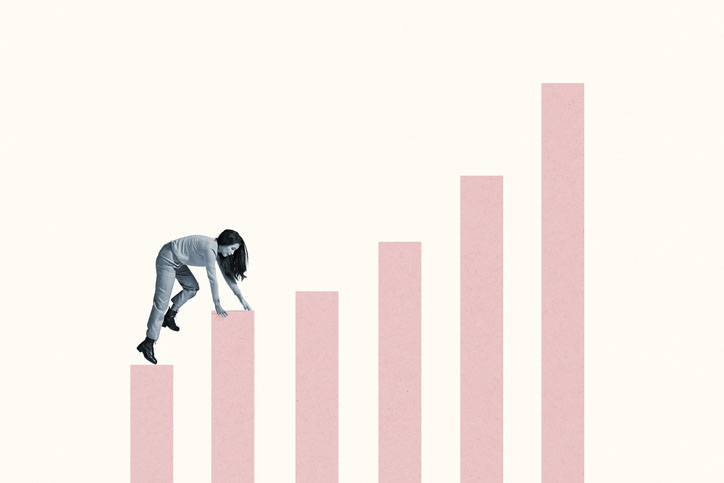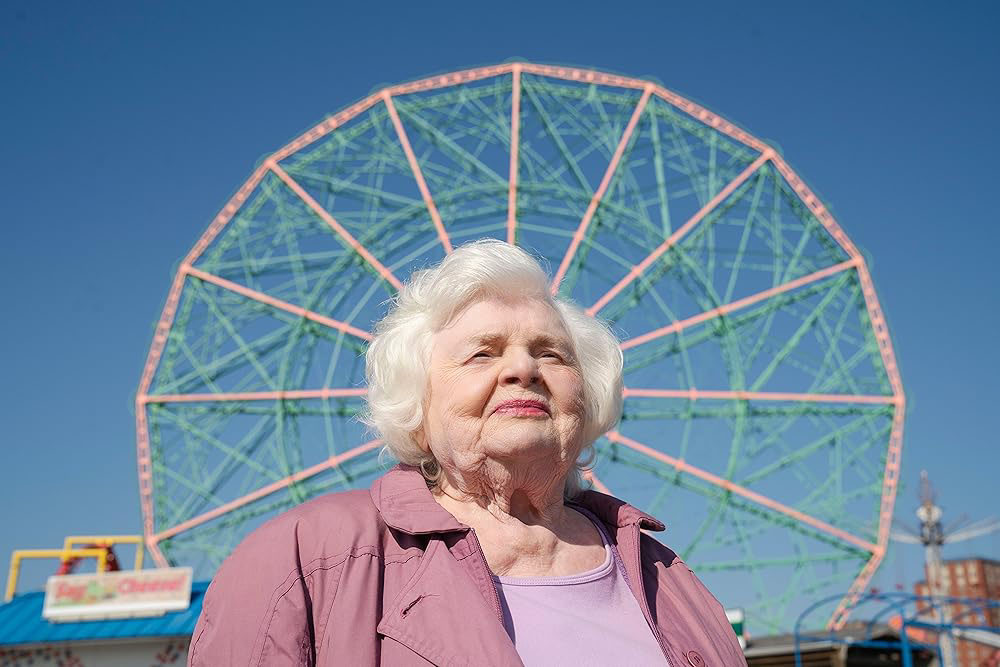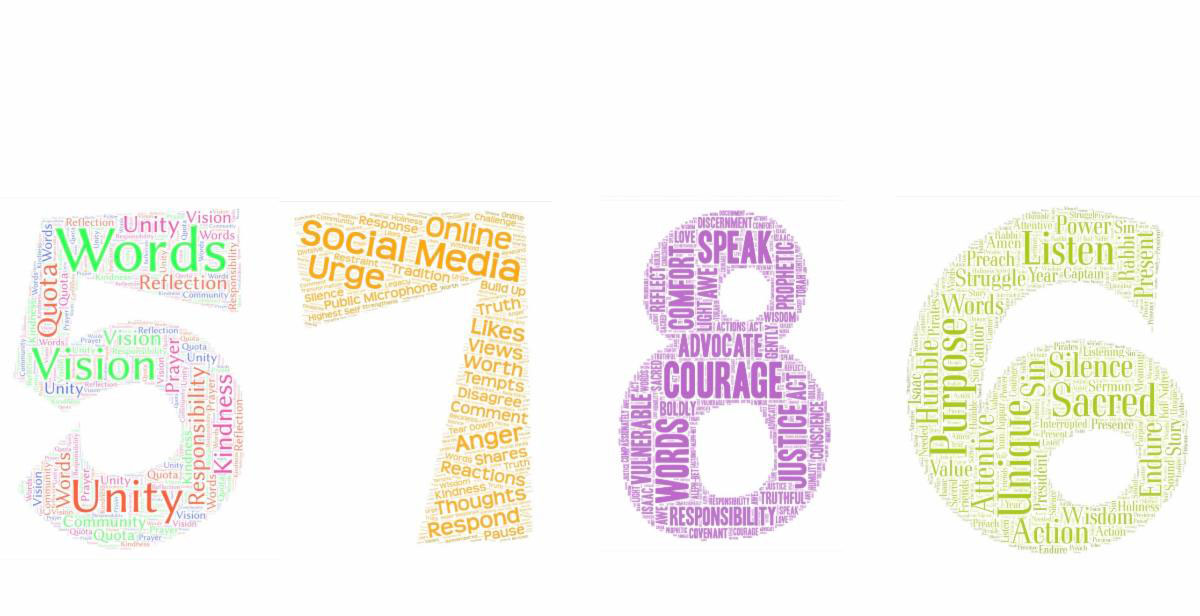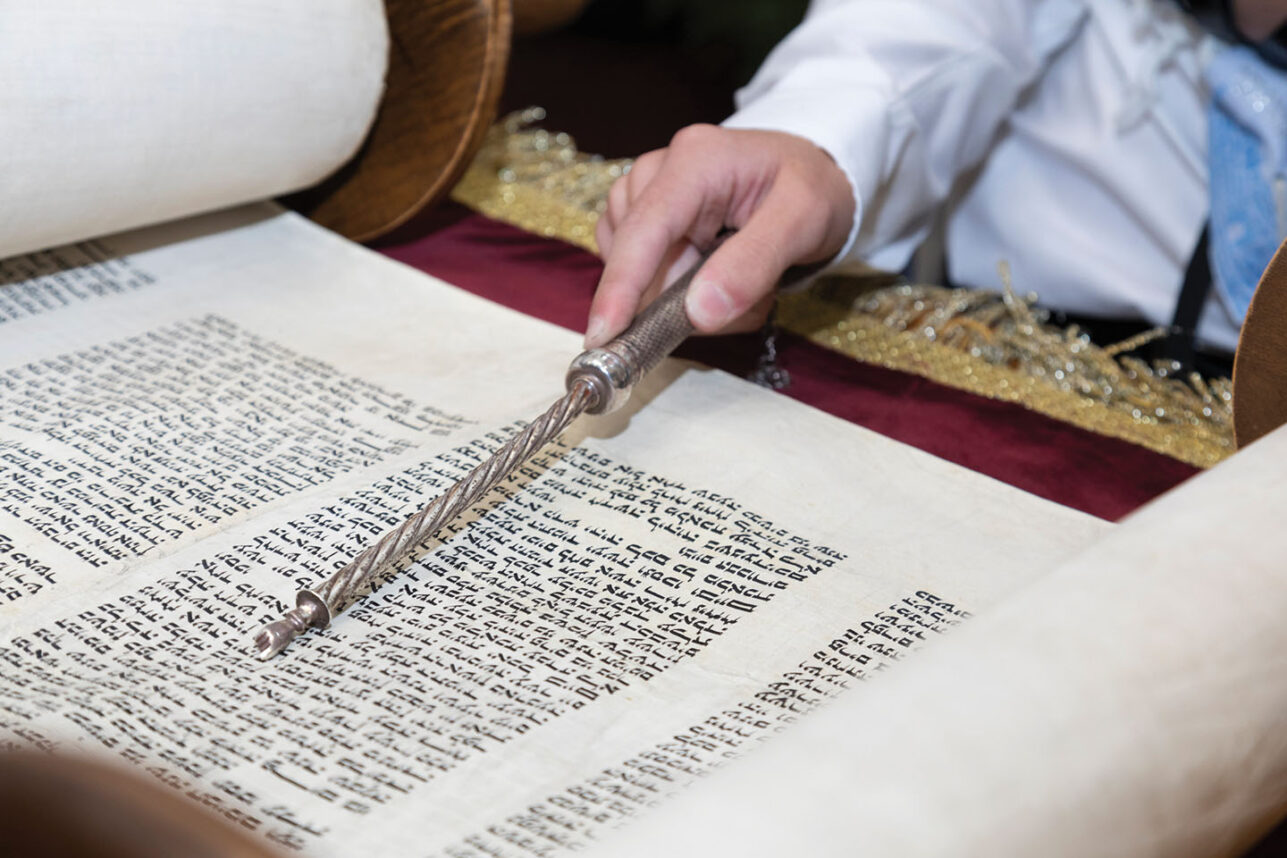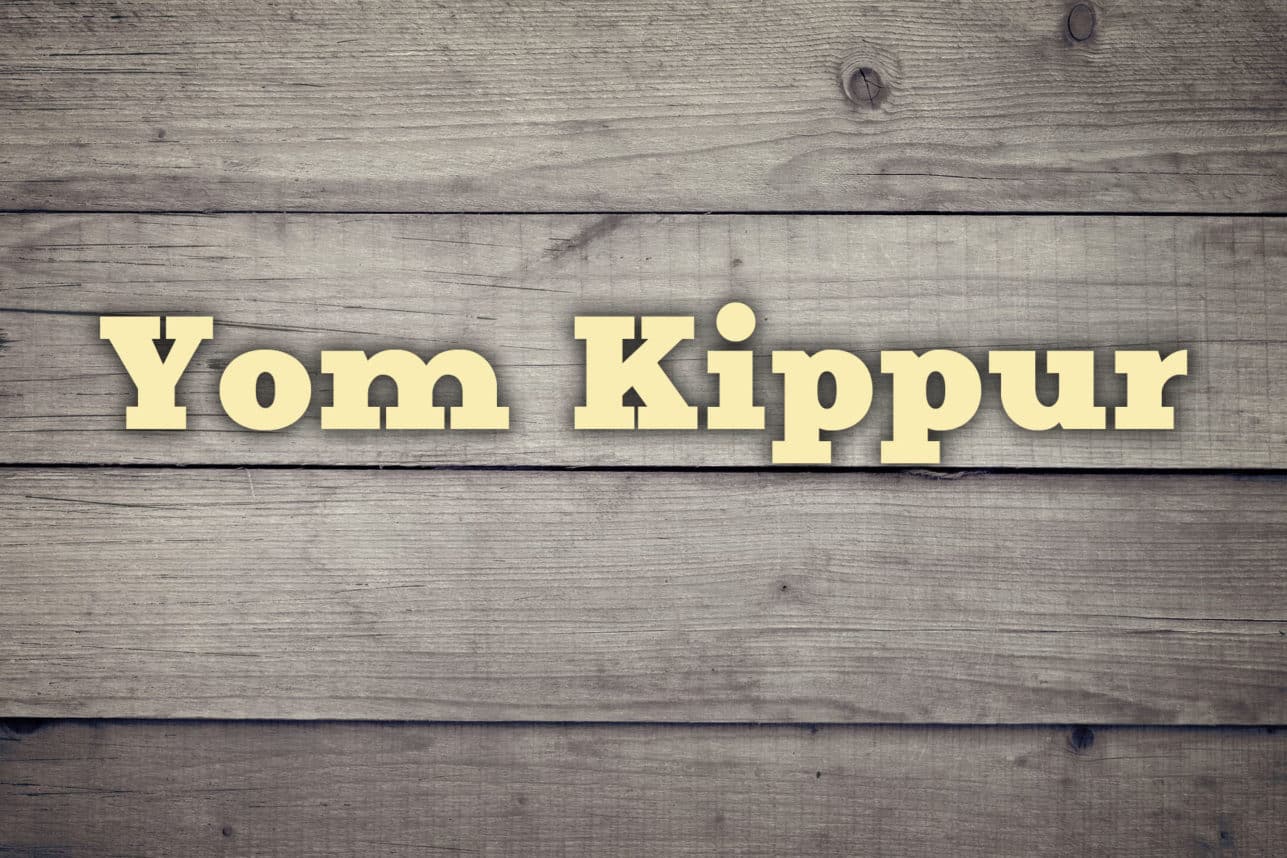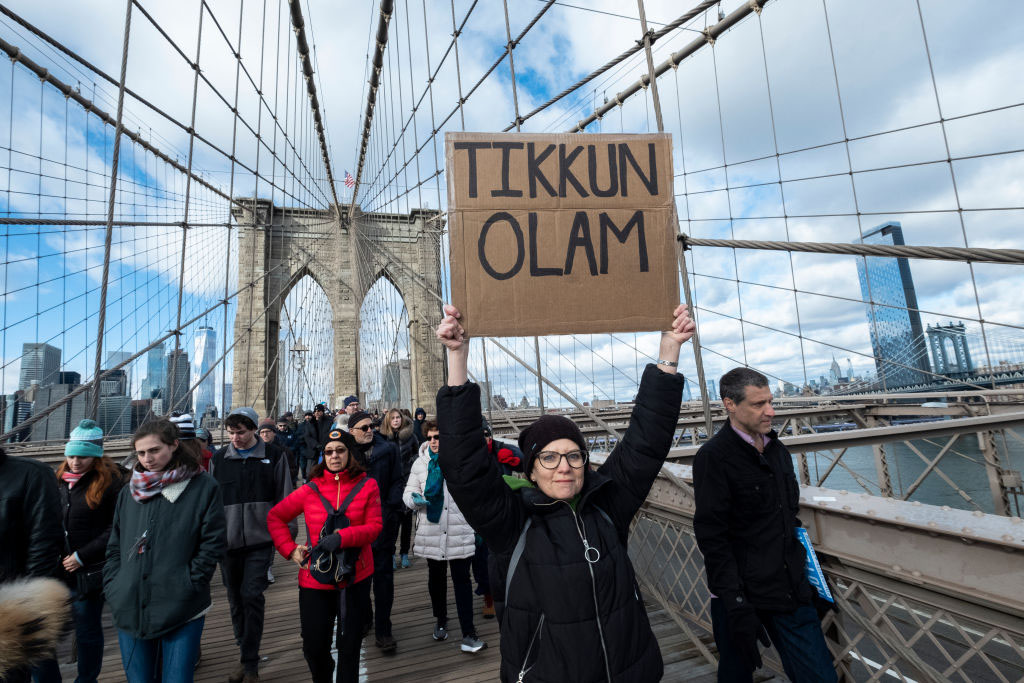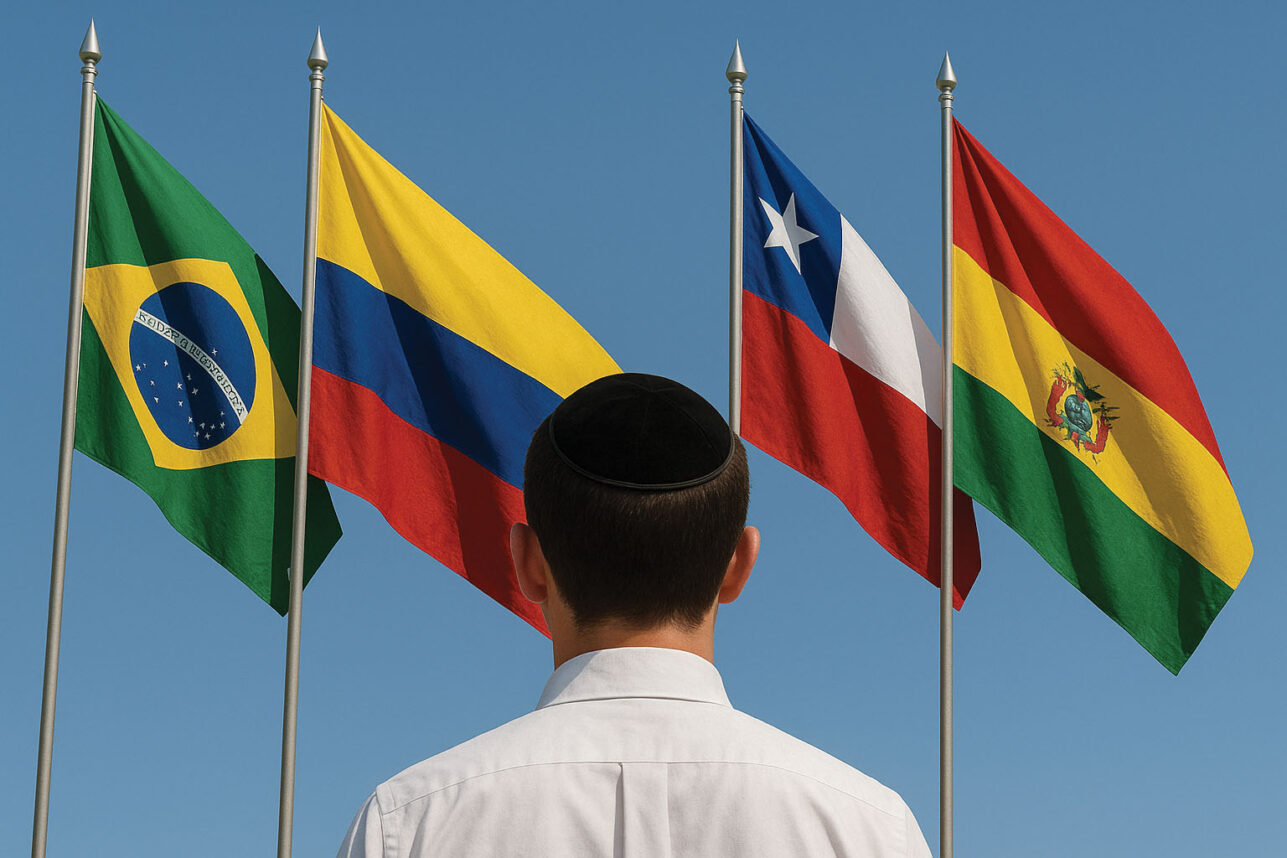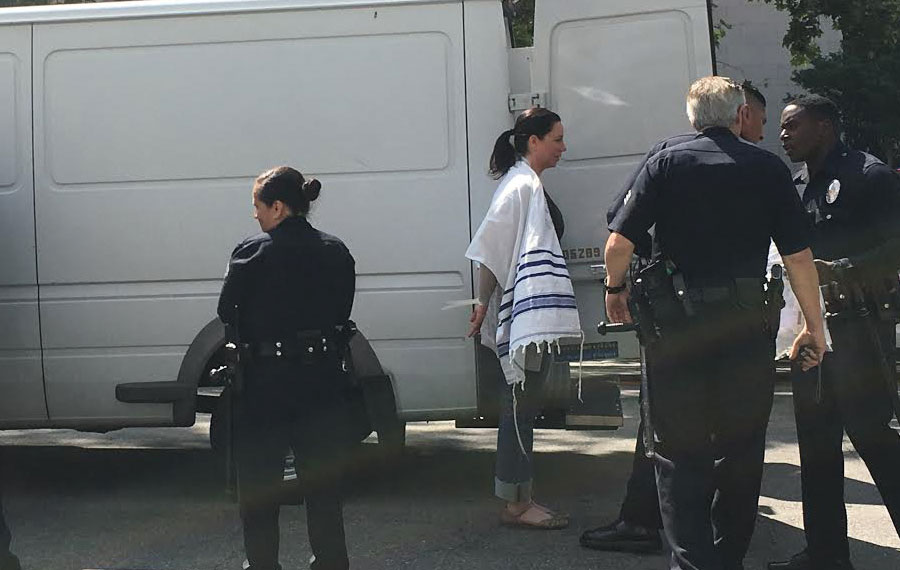
In June, a group of Jewish, Christian and Muslim clergy stood in lines and joined hands in an act of civil disobedience outside the Los Angeles downtown courthouse. Several were arrested. The purpose: to show moral outrage for immigration policies that detained children who entered the U.S. illegally. But does a rabbi getting arrested make an impact on the issue?
Civil disobedience has been a tool of nonviolent protest for centuries, practiced by figures such as Mohandas Gandhi, Rosa Parks and Martin Luther King Jr. In the 1970s and ’80s, according to the Center for Jewish History, activists from the American Soviet Jewry movement frequently picketed Soviet consulates to raise public awareness, “often deliberately getting themselves arrested by the police to amplify their message.” And since the November 2016 U.S. election, protests on issues such as immigration, health care reform, gun reform and more have proliferated.
Rabbi Jonathan Klein, executive director of Clergy and Laity United for Economic Justice (CLUE), which organized the June protest, said that civil disobedience is about “building movements and creating a more significant voice for conscience, and on some level demystifying political processes. People are afraid of activism, but we need our activists right now.”
“It’s an important statement to be willing to say, ‘I’m putting myself on the line for something,’” said Rabbi Sarah Bassin, associate rabbi of Temple Emanuel of Beverly Hills, who was also arrested at the action.
Klein said, “The policy of separating children, ripping them from families and making them foster children, needs people of conscience to say, ‘This is detestable.’ Having those who are impacted by deplorable policies know that they have allies out there in the faith communities re-energizes and reinvigorates their own commitment to their struggle,” he said.
“It’s an important statement to be willing to say, ‘I’m putting myself on the line for something.” – Rabbi Sarah Bassin
“It sparks a discussion in the community, and that gets them focused on the issue and really considering the moral questions behind it,” Bassin said.
Protest fatigue is a consideration, however. “From the beginning of this administration, we knew we’d be in this fight for a long time,” Klein said. “Civil disobedience is one instrument in a toolkit that is meant to have longevity. It’s a marathon, not a sprint.”
Some of the protesting rabbis are accountable to congregations, as well. Bassin notified her board president and the temple’s public relations and communications staff of her intent to protest, and of the possibility that she might be arrested.
“I know I’m going to touch a nerve for people and that’s intentional,” said Bassin, who meets with congregants who are troubled by her protests to discuss their concerns. “Sometimes we disagree, but we’re able to have a civil discussion and maintain a relationship on the other side of it.”
“A lot of people are looking at clergy to know if they are really ‘in this’ with the community or not,” Klein said. “Sometimes religious leaders have to lose their comforts in order to lift everyone up out of the trenches and the mire. We model that by taking action.”
However, he added that they always make sure the demonstration is as safe as possible for everyone. Sometimes law enforcement is consulted in advance.
“The actions are done with a lot of kavod (honor) toward law enforcement,” Bassin said. “We understand the position we’re putting them in. The best we can do is be as respectful and kind as possible and remember their humanity.”
“I heard that inside the LAPD jail some officers were saying positive things, such as, ‘glad you’re doing this,’ and ‘it’s so un-Christian [to deport children],’” Klein said.
As Bassin was taken to the police van on that June day, she said, one officer whispered, “Thank you for what you’re doing. This is very important. I’m with you.”
In the end, she said, “This breaks down the dichotomy of ‘us’ and ‘them.’ This is a moral issue that we’re trying to raise awareness of in the larger community, to get people to be a little bit more brave, to speak up and take action themselves.”












